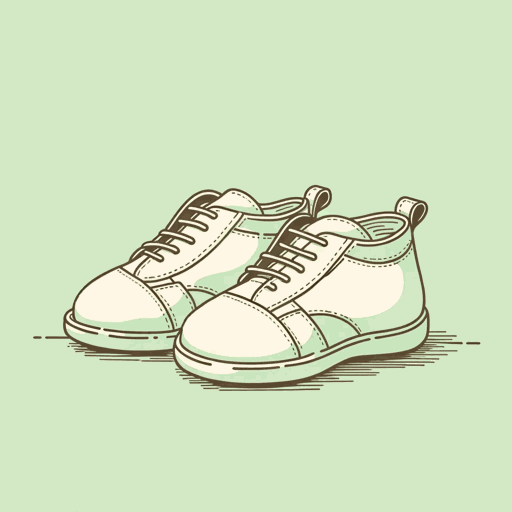39 pages • 1 hour read
Sigmund FreudThree Essays on the Theory of Sexuality
Nonfiction | Book | Adult | Published in 1905A modern alternative to SparkNotes and CliffsNotes, SuperSummary offers high-quality Study Guides with detailed chapter summaries and analysis of major themes, characters, and more.
Index of Terms
Castration Complex
Freud believes that small boys and girls react differently to the discovery of the opposite sex’s genitalia. Freud argues that for many small boys, a girl’s lack of penis is a troubling discovery, leading to the boy worrying that the girl has “lost” her male genitalia, and that the same could happen to him. Freud calls this fear of losing the male genitalia the castration complex.
Fetish
Freud defines a fetish as an abnormal fixation on a part of the body not usually considered sexual (e.g., feet, hair), or an object connected in some way with the body of the desired person (such as their underwear). Freud suggests that there exists a degree of fetishization even in normal relationships—especially in the early stages of courting, where sexual contact may be limited or forbidden. Like other perversions, fetishization can become an obsessive fixation and may interfere with the pursuit of normal sexual ends.
The Incest Barrier
Since a child’s first strong emotional attachment is to his or her parents, Freud believes that the child’s first sensations of bodily pleasure are connected to the love and care it receives from its primary caregiver, especially the mother figure (through acts such as breastfeeding, for example). In normal sexual development, the child transfers his or desire to persons outside of the family unit.
Related Titles
By Sigmund Freud

Civilization And Its Discontents
Sigmund Freud

Moses and Monotheism
Sigmund Freud

On Dreams
Sigmund Freud

The Freud Reader
Sigmund Freud

The Future of an Illusion
Sigmund Freud

The Interpretation of Dreams
Sigmund Freud

The Uncanny
Sigmund Freud

